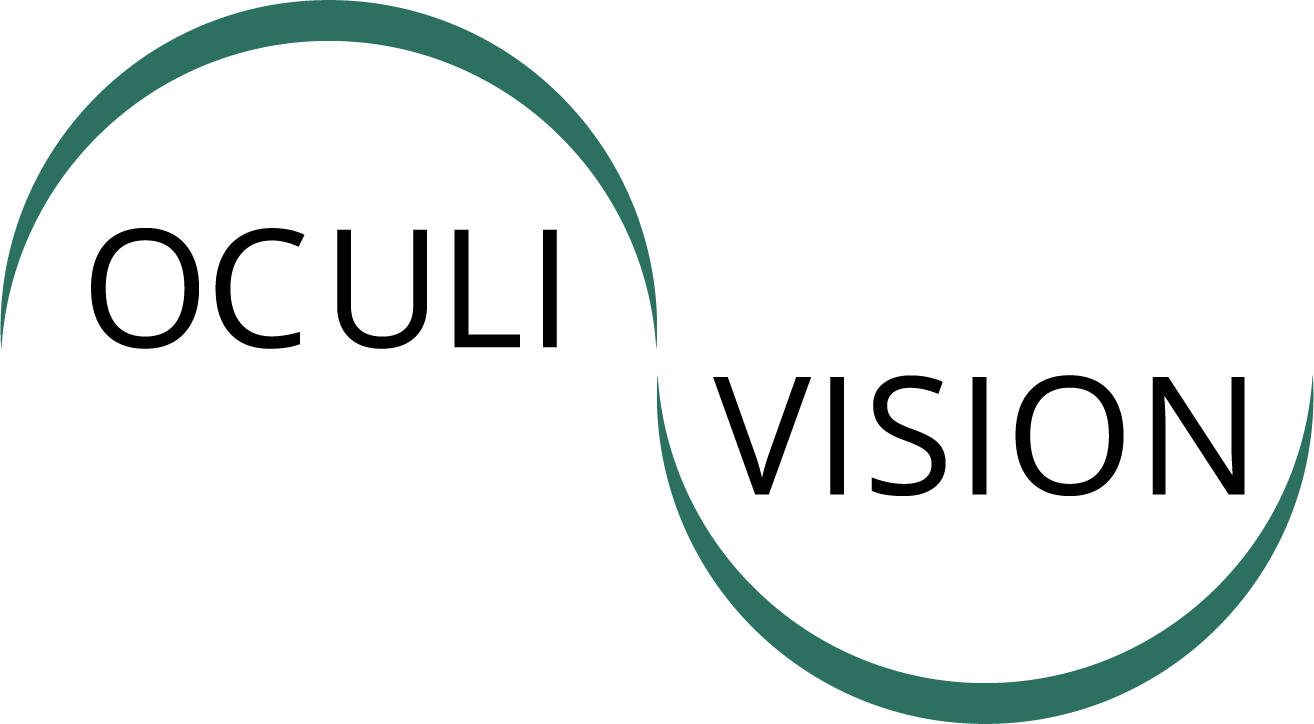A stroke is a serious medical condition which occurs when critical blood flow to the brain is interrupted. Strokes often lead to a variety of short- and long-term impairments of one’s speech, memory, movement, and vision. They are a leading cause of death and disability in the United States, and unfortunately, many stroke survivors suffer from severe visual deficiency. The following are some common visual problems which can arise in the event of a stroke.
1. Temporary Blindness
Temporary blindness may result when the blood supply to the eyes is temporarily blocked during a stroke, resulting in a sudden loss of vision. This ailment may affect either eye or both simultaneously. Fortunately, this condition is rarely permanent, and vision tends to recover in a few minutes. The severity of this condition largely depends upon the significance of its underlying cause.
2. Double Vision (Diplopia)
Each eye is connected to numerous muscles which all function together. In order to produce a coherent image, each of these muscles must point the eyes in precisely in the same direction. If one or multiple muscles are impaired, one eye cannot maintain perfect alignment with the other, leading to an experience of double vision. This condition may occur either constantly or intermittently, and should be addressed immediately.
3. Visual Field Loss
Visual field loss commonly refers to the impairment of one’s peripheral vision. Damage to the right side of the brain leads to loss of left-side vision, while left-side damage translates to right-side vision loss. Patients who suffer from this condition can easily trip over or bump into objects due to reduced awareness. Crowded places will be hard for them to navigate, as people and objects will suddenly appear, and driving will also become extremely dangerous.
4. Loss of Color Vision (Achromatopsia)
Achromatopsia is the least common visual impairment from strokes. People and objects will appear only as black, white, or gray in this rare condition. While not immediately life threatening, this condition will severely affect one’s quality of life, and is certainly worth addressing sooner rather than later.
5. Light sensitivity (Photophobia)
Some stroke patients experience difficulty adjusting to various degrees and intensities of light. Tinted eyewear which includes certain shades or filters may help minimize or alleviate this sensitivity. Thankfully, effective treatments can also improve this condition over time.
6. Visual Hallucinations
Visual hallucinations occur when the visual pathways in the brain are disrupted during or after a stroke. Such disruptions will result in sensory information being falsely interpreted by the visual cortex. When this happens, a patient may experience a distorted perception of their surroundings. These distortions may simply be flashes of lights, flickering or moving objects, or may even take the form of frightening images of things or people.
7. Loss of Vision
Sadly, a stroke may lead to total and permanent blindness. This life-altering loss of vision generally results from a blockage of one of the retinal arteries which supplies essential blood flow to the eye. Sometimes, stroke survivors can even lose vision in both eyes. This rare condition is known as cortical blindness, and it occurs when the brain’s occipital cortex is damaged by internal or external trauma.
The eyes are intimately connected with the central nervous system. Therefore, any injury which directly challenges the brain, including conditions like strokes and aneurysms, can lead to significant disruptions in visual perception. Fortunately, most of these conditions are temporary and can be rehabilitated with proper and thorough treatment. It’s essential to detect and diagnose such symptoms as soon as possible in order to ensure the swiftest recovery. If you or a loved one have experienced any of the previously listed symptoms, we encourage you to contact us or your primary care physician immediately.

